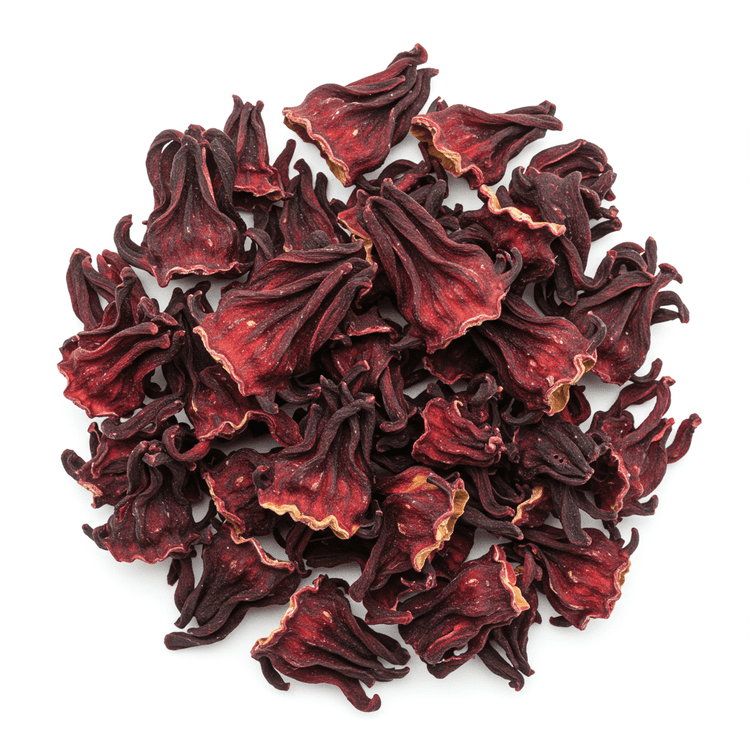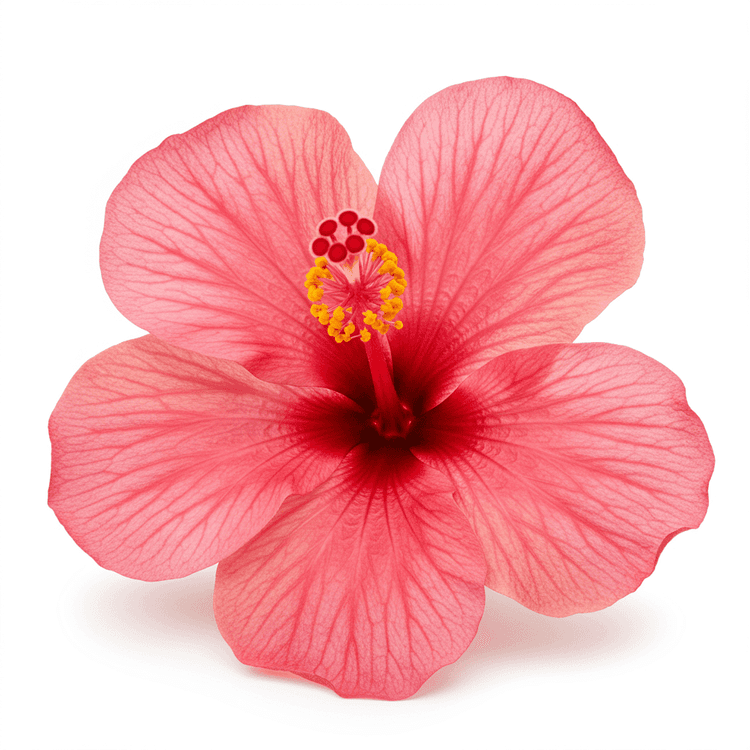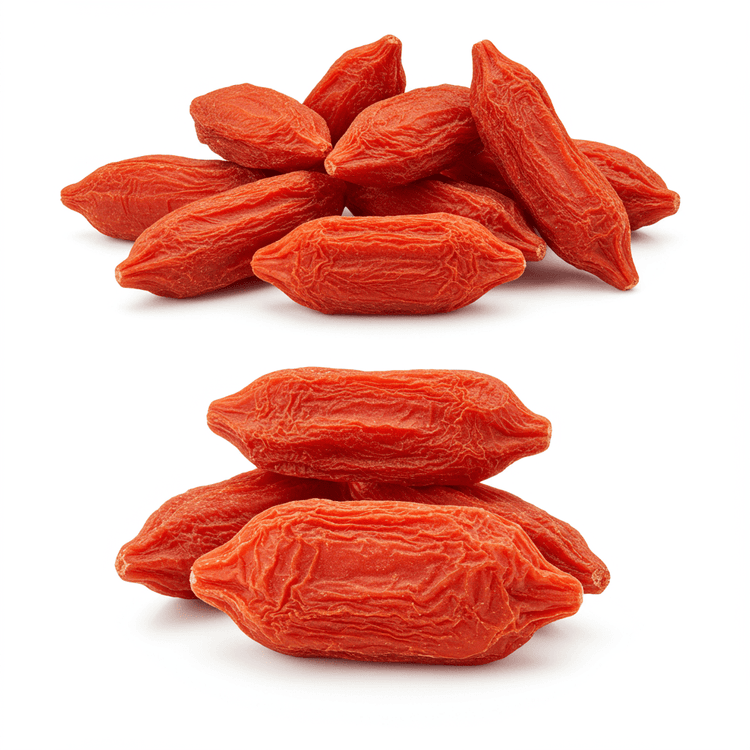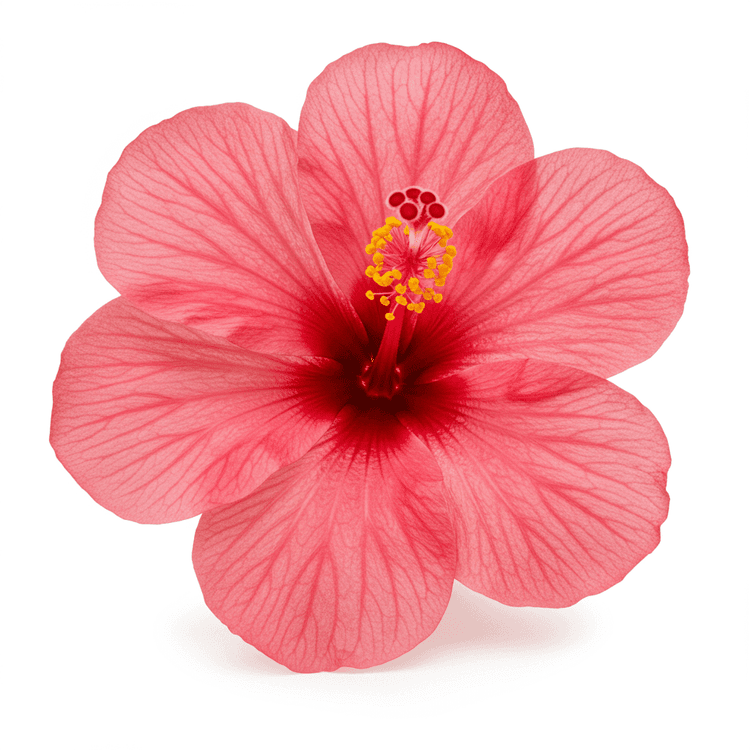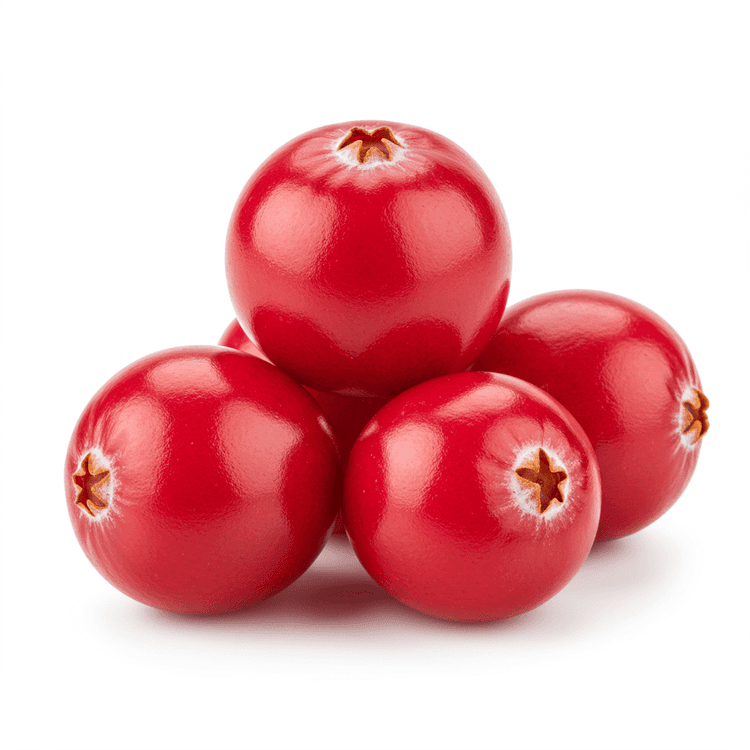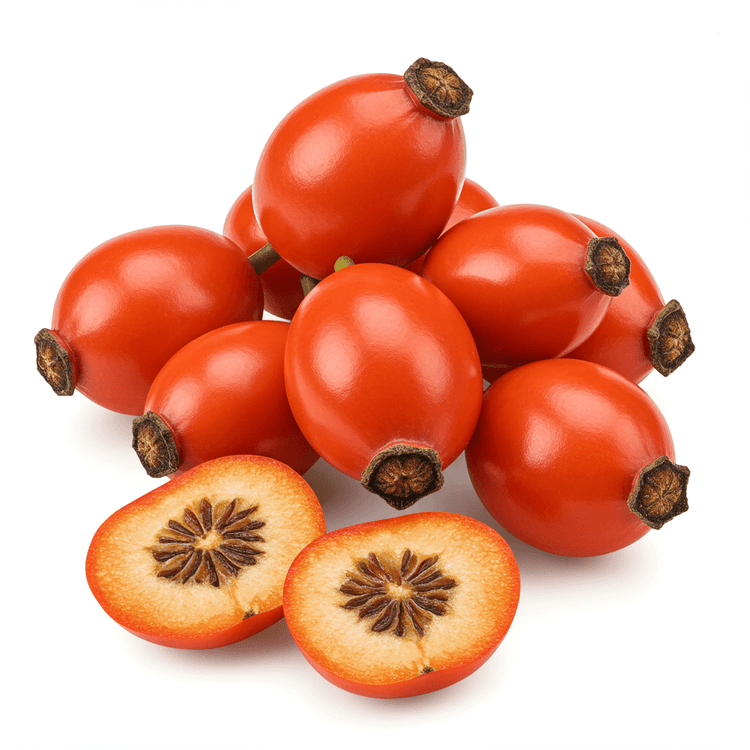
Rosehip
Rosehips are the fruit of the rose plant, typically bright red or orange in color. After the rose petals fall off, the rosehip remains, looking like a small berry. They are known for their tart, slightly tangy flavor with floral undertones. Rosehips are quite firm when fresh but soften when cooked. They are a fantastic source of Vitamin C and antioxidants, making them a popular ingredient for both culinary and health-related purposes. They are often used in jams, jellies, teas, and syrups, offering a unique fruity and floral taste to dishes and beverages.
Common Uses
- Making rosehip jam and jelly: Rosehips are cooked with sugar and pectin to create delicious homemade rosehip jam or rosehip jelly, perfect for spreading on toast or biscuits. The high pectin content of rosehips aids in gelling.
- Brewing rosehip tea: Dried rosehips are steeped in hot water to create a vitamin-rich rosehip tea, known for its tart flavor and health benefits, especially during cold and flu season.
- Creating rosehip syrup: Rosehips are boiled and strained to make rosehip syrup, a sweet and tangy liquid that can be used to flavor desserts, cocktails, or drizzled over pancakes.
- Infusing rosehip oil: Rosehips can be infused in oil for skincare products. The resulting rosehip oil is valued for its moisturizing and antioxidant properties, often used to reduce scars and wrinkles.
- Adding to sauces and soups: Rosehip puree or powder can be added to sauces and soups for a subtle fruity flavor and a boost of Vitamin C. It pairs well with gamey meats and adds depth to savory dishes.
- Making rosehip wine: Rosehips can be fermented with sugar and yeast to create rosehip wine, a unique homemade wine with a floral aroma and tart taste.
Nutrition (per serving)
Nutrition (per serving)
Calories
162.0kcal (8.1%)
Protein
0.9g (1.8%)
Carbs
38.2g (13.89%)
Sugars
2.6g (5.2%)
Healthy Fat
0.1g
Unhealthy Fat
0.0g
% Daily Value based on a 2000 calorie diet
Nutrition (per serving)
Calories
162.0kcal (8.1%)
Protein
0.9g (1.8%)
Carbs
38.2g (13.89%)
Sugars
2.6g (5.2%)
Healthy Fat
0.1g
Unhealthy Fat
0.0g
% Daily Value based on a 2000 calorie diet
Health Benefits
- Rich in Vitamin C for immune support and antioxidant protection.
- May reduce inflammation and joint pain due to its anti-inflammatory properties.
- Supports skin health by promoting collagen production and reducing signs of aging.
- Can aid in weight management by promoting satiety and supporting healthy metabolism.
- High in antioxidants, protecting against cellular damage from free radicals.
- Supports heart health due to its anti-inflammatory and antioxidant effects.
Chefadora AI is here.
Experience smarter, stress-free cooking.
Storage Tips
Store dried rosehips in an airtight container in a cool, dark, and dry place to maintain their potency and prevent spoilage. Properly stored, they can last for up to a year. Fresh rosehips are best used soon after harvesting, but can be refrigerated in a sealed container for a few days. For longer storage, freeze rosehips after removing the seeds and pulp; they can be stored in the freezer for several months.
Marnirni-apinthi Building, Lot Fourteen,
North Terrace, Adelaide, South Australia, 5000
Australia
